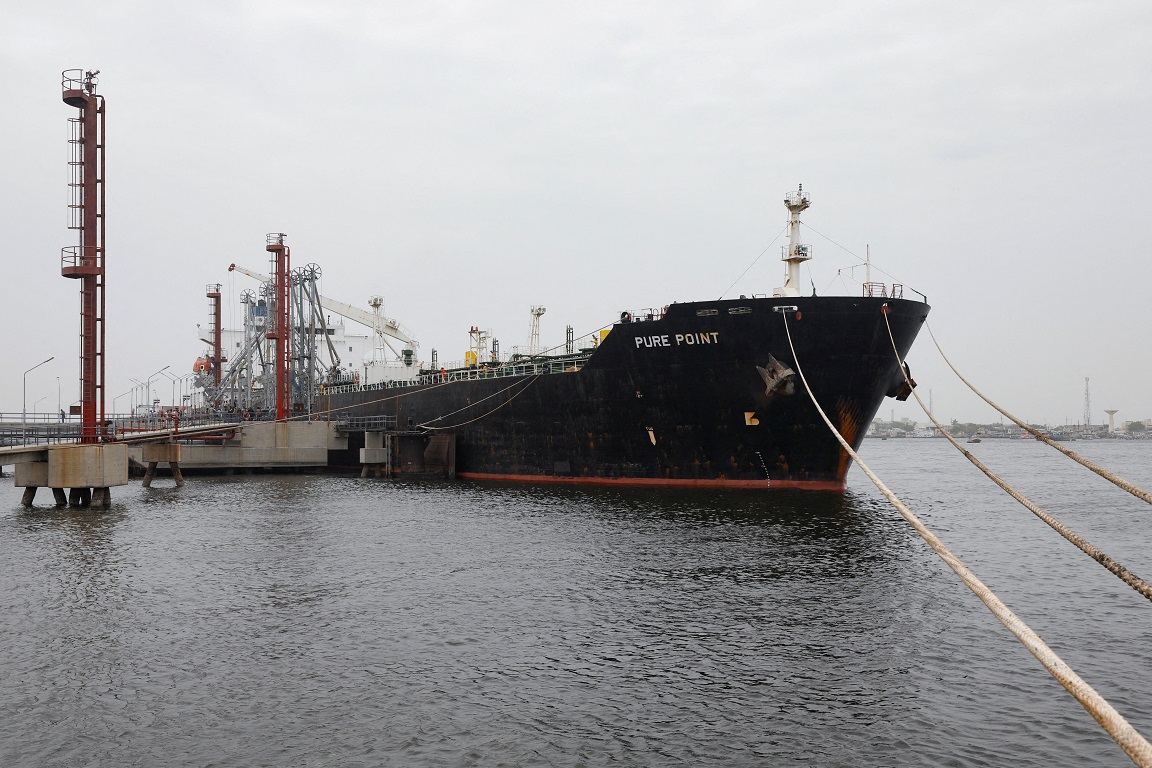11 Dec 2024

Tired Earth
By The Editorial Board

The European Union, G7 countries and Australia introduced a price cap of $60 a barrel on Russian oil in last December, aiming to curb Russia’s ability to finance the conflict in Ukraine.
However, Russian oil revenues are likely to increase due to constant increases in crude prices and a reduction in the discount on its own oil, the FT report said, citing Kyiv School of Economics (KSE) estimates.
Almost three-quarters of all the seaborne Russian crude flows travelled without western insurance in August, according to an analysis of shipping and insurance records by the Financial Times.
Russia cut its seaborne diesel and gasoil exports by nearly 30% to about 1.7 million metric tons in the first 20 days of September from the same time in August. Russia’s temporary ban on exports of gasoline and diesel to most countries, announced last week, was expected to further tighten supplies.
New export route
Russian oil producers supplied their first cargoes of CPC Blend crude to the United Arab Emirates (UAE) in August and September, four traders told Reuters, opening up a new export route as Moscow looks to find new customers and skirt Western sanctions.
Moscow has found new markets for its oil despite sanctions imposed by G7 countries since the start of the war in Ukraine.
The world’s third largest oil exporter, Russia has rerouted most of its oil to China, India and Turkey over the past year, and has also sent cargoes to countries including Brazil, Sri Lanka and Pakistan.
In August and September two Russian firms – oil major Lukoil and independent producer CenGeo – sold their oil to the UAE, the four traders said.
Both supplied CPC Blend, a grade that is being mostly produced in Kazakhstan and supplied to global markets through Russia’s Black Sea port of Yuzhnaya Ozereyevka.
The UAE has not imposed sanctions on Russia over war in Ukraine.
The US Office of Foreign Assets Control (OFAC) said earlier that CPC Blend oil was not subject to sanctions if it was of Kazakh origin and suggested that buyers of the blend should seek certificates of origin.
The US warning on CPC Blend only applies to buyers which are observing sanctions.
The two traders, who declined to be named, said that the CPC crude from Russia was sold at discount to Kazakh cargoes.
Source : euractiv.com
Comment